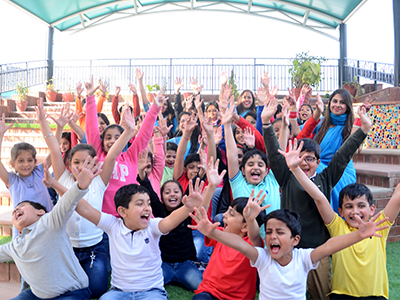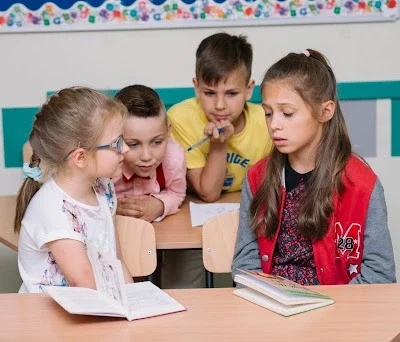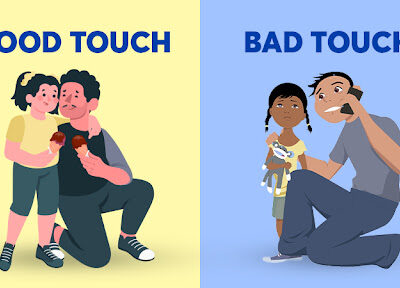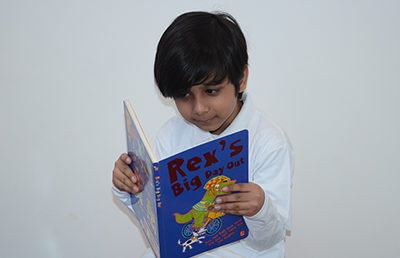Have you ever found yourself pondering over your child’s education and wondering if there’s more to it than just textbooks and lectures? Well, you’re not alone. In today’s rapidly evolving world, the landscape of education is changing, and it’s time we as parents adapt to ensure our children receive the best possible learning experiences.
The Limitations of Traditional Teaching Methods
Let’s face it, the traditional modes of teaching, while effective to some extent, often fall short when it comes to engaging young minds and fostering a genuine passion for learning. But fear not, because there’s a whole new world of educational approaches waiting to be explored at The Blue Bells School – and they’re shaking up the way our kids learn in the most exciting ways possible.
The Power of Experiential Learning
Imagine your child coming home from school bubbling with excitement, eager to share what they’ve learned that day. Sounds too good to be true? Well, it’s not. With experiential learning taking center stage, our children are no longer confined to the four walls of a classroom. Instead, they’re out in the world, exploring, discovering, and making connections in ways that traditional methods simply cannot replicate.

Hands-On Learning: Making Education Come Alive
One of the most powerful aspects of moving beyond traditional teaching methods is the emphasis on hands-on learning experiences. Take, for example, an assembly on nutrients. Instead of just reading about vitamins and minerals from a textbook, your child is actually participating in a fun and interactive activity where they get to sort different foods into categories based on their nutritional content. Not only does this make learning more engaging, but it also helps children develop a deeper understanding of the concepts being taught.

Exploring Through Experience: From Insect Anatomy to Mathematical Concepts
But it doesn’t stop there. From learning about insect body parts by dissecting specimens to exploring mathematical concepts through interactive games and activities, the possibilities are endless.
Our educators embrace innovative approaches such as theme-based learning, where entire units are centered around a specific theme – like animals or space – allowing children to immerse themselves fully in the topic and make meaningful connections across different subject areas.

Empowering Children to Take Ownership of Their Learning
But perhaps the most exciting part of this educational revolution is the way it empowers our children to take ownership of their learning journey. No longer are they passive recipients of information; instead, they’re active participants, encouraged to ask questions, think critically, and explore their interests in depth. And as parents, we play a crucial role in supporting and encouraging this growth every step of the way.

Voices from Parents and Teachers
But don’t just take our word for it. Here’s what some fellow parents and educators have to say about the impact of moving beyond traditional teaching methods:
“I’ve noticed a remarkable difference in my child’s attitude towards learning since his school introduced more hands-on activities. He used to dread going to school, but now he can’t wait to see what new adventures await him each day.” – Parent of child in Grade-III, The Blue Bells School.
“As a teacher, I’ve seen firsthand how experiential learning can transform the classroom dynamic. Instead of struggling to hold their attention, I now have students who are actively engaged and excited to learn – and that makes all the difference.” -Educator at The Bells School
Let’s embrace this new era in education with open arms and encourage our children to explore, experiment, and think outside the box. We can ensure that they not only succeed academically but also develop the skills and confidence they need to thrive in an ever-changing world. After all, isn’t that what education is all about?




